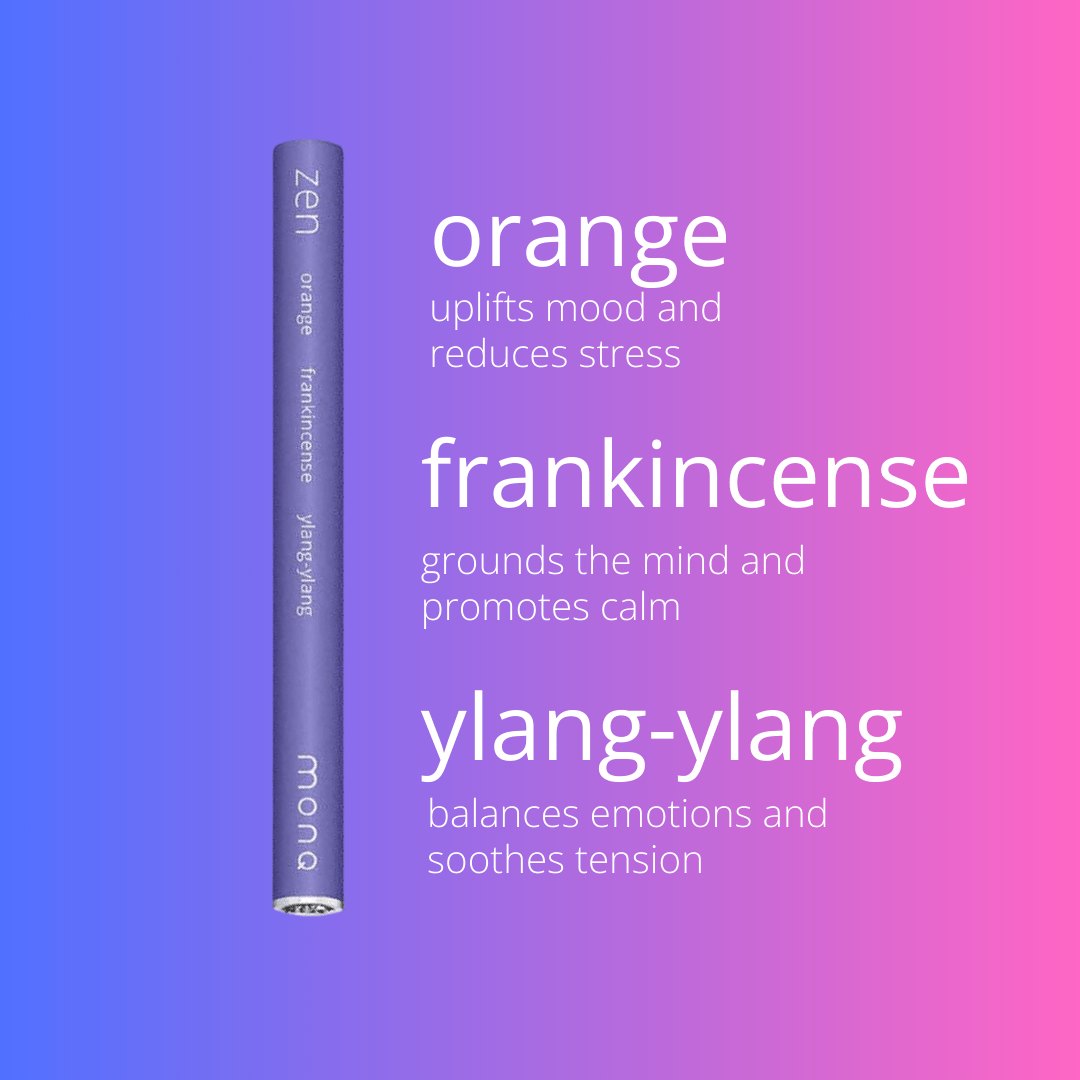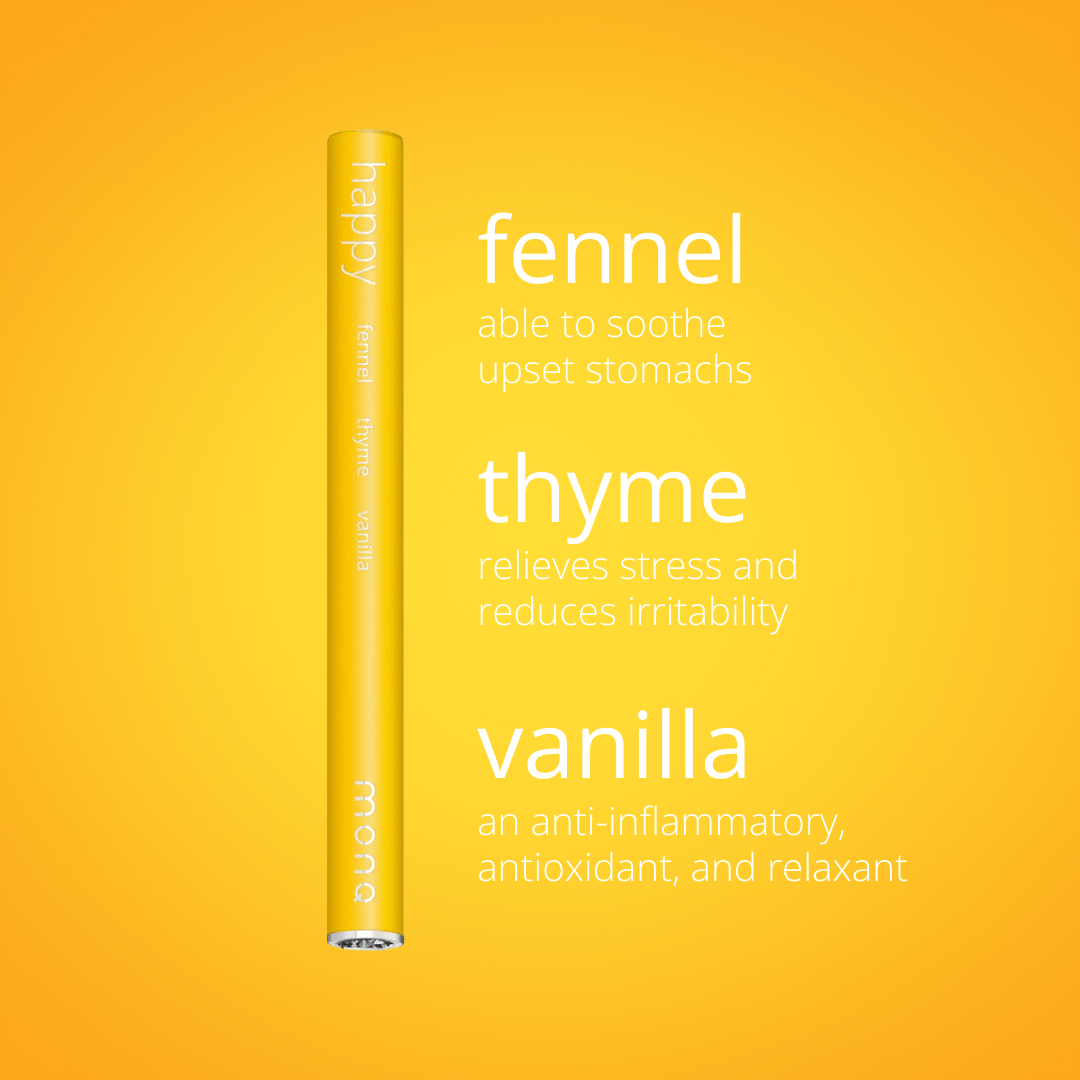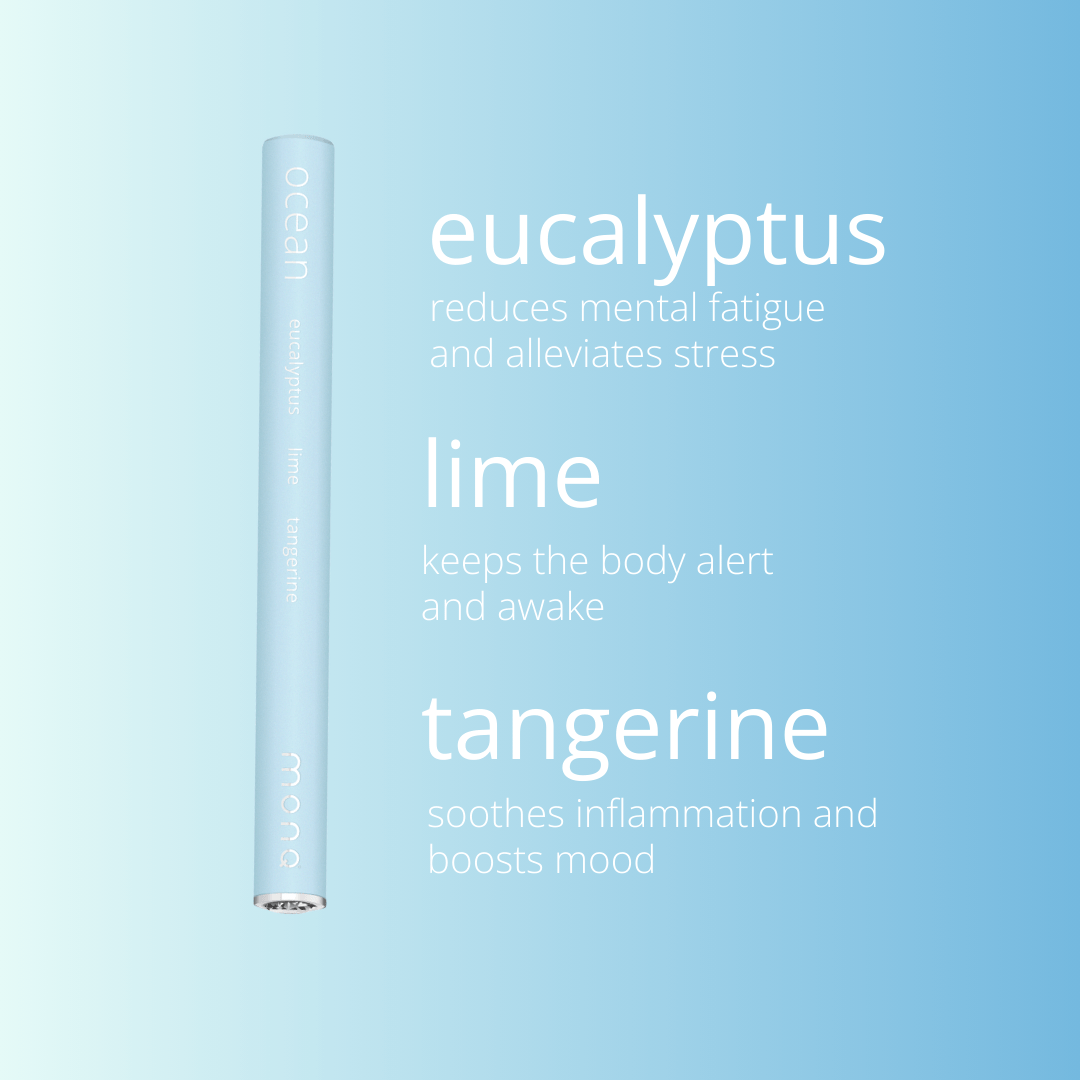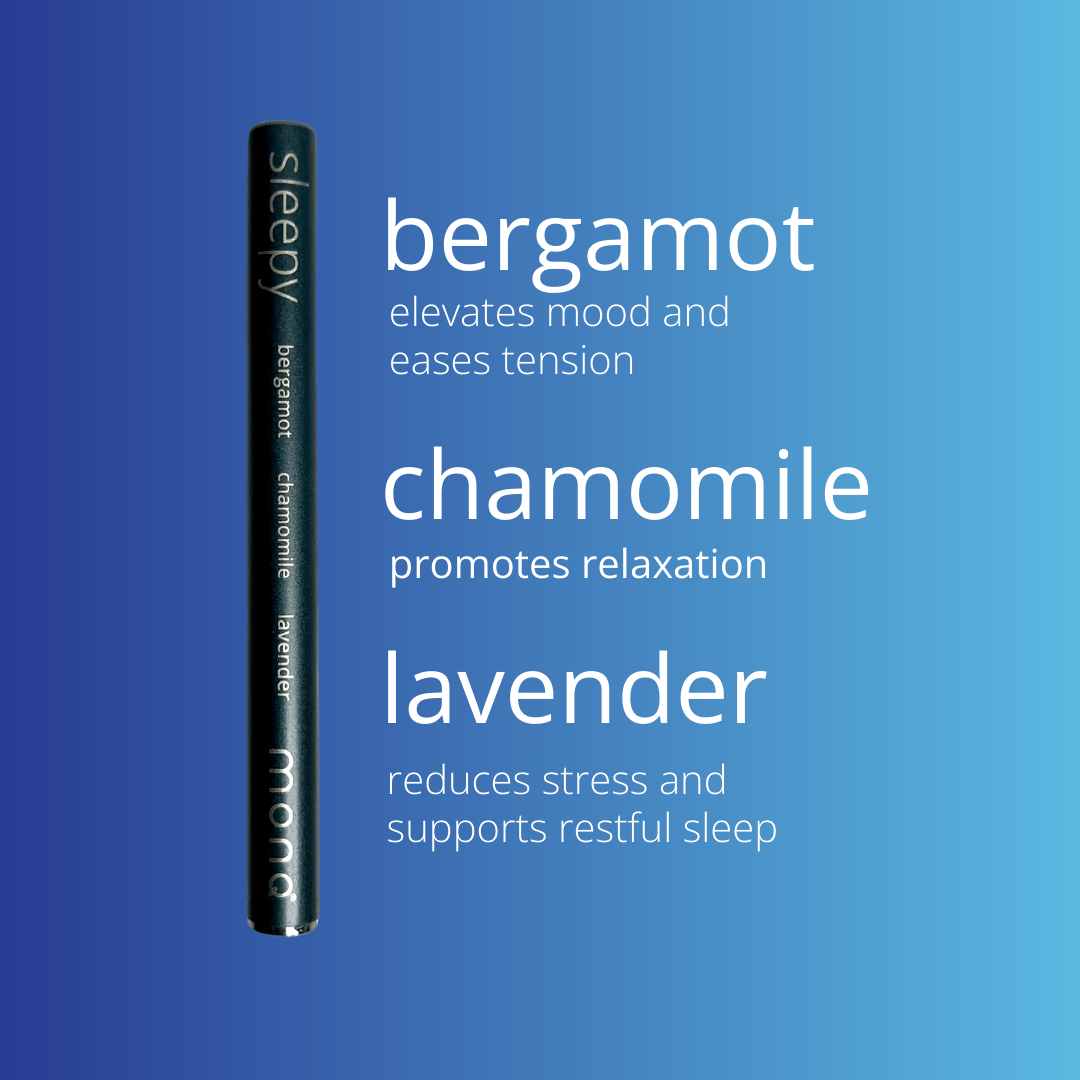The Remarkable Journey of Peppermint

Peppermint is seemingly ubiquitous in our daily lives, and for good reason. As one of the most versatile essential oils, it has been used for thousands of years to enhance foods and drinks, alleviate minor aches, clear the mind, and improve focus. This multifaceted herb has a rich history of use that spans ancient civilizations to modern-day practices.
The History of Peppermint
Peppermint's historical significance is profound, dating back to ancient Japanese, Chinese, and Greek cultures, all of which utilized peppermint for its therapeutic properties. Notably, residues of peppermint oil have even been discovered in Egyptian pyramids, including those of famous mummies like King Tut.
Some of the earliest written records about peppermint come from the Roman scientist and historian Pliny. He documented how the Greeks and Romans used peppermint essential oil not only for flavoring dishes and wine but also in medicine and religious ceremonies. Similarly, ancient Japanese and Chinese cultures used plants akin to peppermint in healing practices and culinary arts.
The modern peppermint we recognize today emerged in the late 1600s through the hybridization of Mentha spicata and Mentha aquatica by English researcher John Ray. However, it wasn't until about 1750 that commercial peppermint production began. By the early 1800s, the United States became a major producer, particularly in Wayne County, New York, and later in Kalamazoo, Michigan. By the 1920s, southwestern Michigan was producing 90 percent of the world's peppermint and spearmint essential oils.
Terpene Properties
The biochemical composition of peppermint essential oil is dominated by menthol, which constitutes about 38.6 percent of the terpene profile. Menthol imparts the minty flavor, recognizable aroma, and cooling sensation associated with peppermint. It also contributes to the oil's antimicrobial and anti-inflammatory properties.
Menthone, making up roughly 25 percent of the oil, provides analgesic and antiseptic benefits while acting as a natural stimulant for cognitive function.
Other significant compounds include:
- Menthofuran
- 1,8 Cineole
- Menthyl Acetate
- Neomenthol
- Beta-Caryophyllene
- Isomenthone
- Limonene
- Pulegol
These biochemicals offer various benefits, including anti-perspiration, disinfecting, and other health-supportive properties.
Uses for Peppermint Essential Oil
Alleviating Digestive Discomfort
Peppermint essential oil is used by many for its potential soothing effects on the digestive system, helping to relieve discomfort and improve digestion.
Freshening Breath and Oral Hygiene
Peppermint is widely used in dental care products for its refreshing taste and potential ability to enhance oral hygiene.
Relieving Headaches
Applied topically or used aromatically, peppermint oil may help alleviate headaches and improve circulation.
Boosting Cognitive Function
The stimulating properties of peppermint may enhance focus and cognitive performance.
Clearing the Respiratory Tract
Peppermint essential oil may help clear and soothe the respiratory tract, making it a popular choice for respiratory support.
Relaxing Muscles
Used historically as a muscle relaxant, peppermint oil may help soothe tired and sore muscles.
Safety and Precautions
While peppermint is generally safe for consumption in food and beverages, peppermint essential oil should not be ingested directly. High concentrations of menthol and 1,8 cineole can be harmful if consumed in large amounts.
For topical use, it is crucial to dilute peppermint oil with a carrier oil and perform a patch test to avoid skin irritation. Potential side effects include heartburn, nausea, dizziness, and a burning sensation in the mouth. Pregnant or nursing women and young children should avoid using peppermint oil.
Final Thoughts
Peppermint essential oil is a potent and versatile addition to any natural wellness routine. Its rich history and wide range of applications make it a staple in both aromatherapy and topical treatments. Whether used in a diffuser, vaporizer, or applied topically, peppermint oil offers numerous benefits that can enhance daily life.








Leave a comment